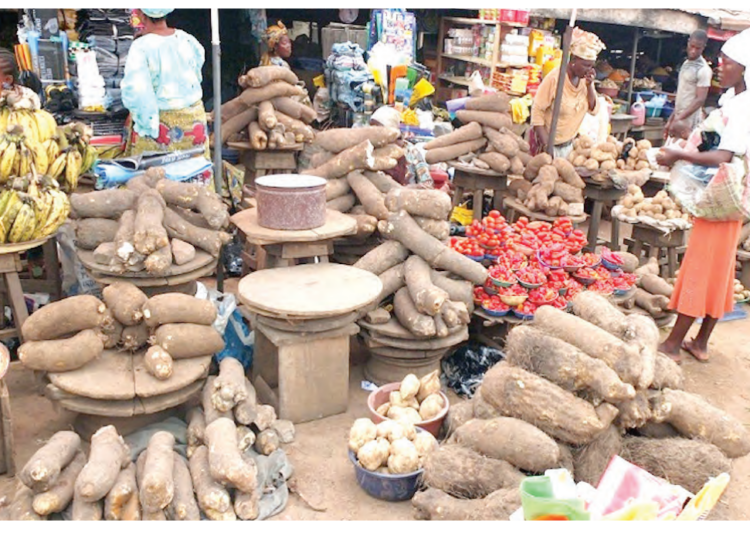[By Abigail Philip David]
Three months after the federal government introduced an import duty waiver scheme aimed at addressing food insecurity and curbing rising prices, the policy has yet to take effect.
The scheme, announced on July 15, 2024, was designed to make essential food items like maize, husked brown rice, wheat, beans, and millet more affordable. By reducing import duties and Value-Added Tax (VAT) on these items, the government hoped to stabilize food prices and ease inflation, which had soared to a record 32.15% in the food sector.
Despite its intended benefits, not a single importer or company has successfully accessed the waiver. The programme was supposed to run until December 31, 2024, but as of now, it remains stalled.
The federal government introduced the waiver to help mitigate several factors driving food scarcity and price increases, including the effects of climate change on local farming, insecurity in key agricultural regions, and the devaluation of the naira, which has made imports costlier. The expectation was that reducing import costs would lower retail prices, allowing more Nigerians to afford basic foodstuffs.
However, three months into the programme, no importers have benefited from the waiver. The Federal Ministry of Finance has provided little explanation for the delay. Despite repeated inquiries, the ministry’s director of information, Mohammed Manga, has only offered a vague response, refusing to elaborate on the scheme’s status.
Industry insiders believe the scheme’s failure is due to overly complicated and restrictive eligibility requirements imposed by the government. Several importers, speaking anonymously to avoid repercussions, expressed frustration with the difficult conditions set by regulatory agencies.
One major hurdle is a requirement for importers to prove that the goods they wish to import are not available in sufficient quantities within Nigeria. While this provision is intended to protect local farmers, critics argue that it disregards the current food shortages and supply gaps, making it impractical under present circumstances.
A senior Nigeria Customs Service (NCS) officer described the guidelines as “too stringent,” noting that no importer is likely to meet the conditions. The guidelines were issued by the Minister of Finance and Coordinating Minister of the Economy, Wale Edun, and require importers to provide extensive documentation, including proof of tax compliance, environmental impact assessments, and multiple government approvals.
These bureaucratic challenges have caused delays, and the NCS has confirmed that no importers have yet qualified for the waiver. Customs officials state they are waiting on a list of approved importers from the finance ministry, but no such list has been provided.
In response to criticism, NCS spokesperson Abdullahi Maiwada stated that the service is not responsible for the programme’s failure, explaining that they are following government directives and can only act once they receive the list of qualified importers.
The failure of the import waiver programme is a setback for both the Nigerian economy and its citizens. With food insecurity worsening and inflation soaring, the policy was expected to provide much-needed relief by increasing food imports, reducing prices, and easing the financial burden on households.
Had the programme been successful, it could have helped stabilize food prices, potentially easing inflation across other sectors as well. It also aimed to reduce Nigeria’s reliance on smuggled goods, which often evade taxes and customs duties, undermining legitimate businesses.
The delay in implementation has, however, left millions of Nigerians struggling with rising food costs, while importers remain frustrated by bureaucratic red tape. The success of the waiver scheme now depends on whether the government can streamline the process and make the policy accessible to those it was designed to help.





